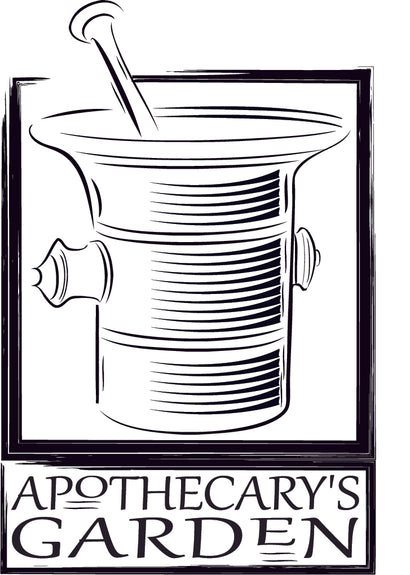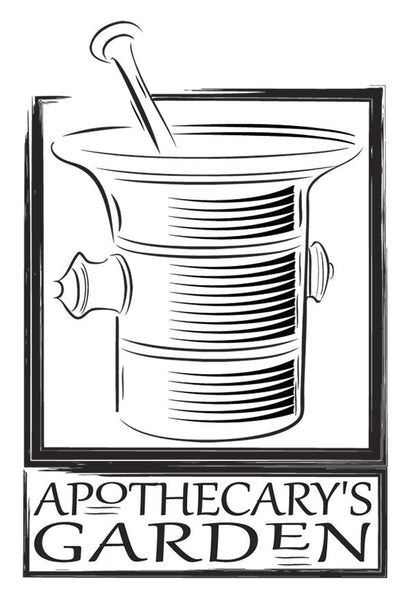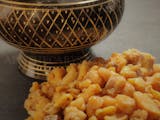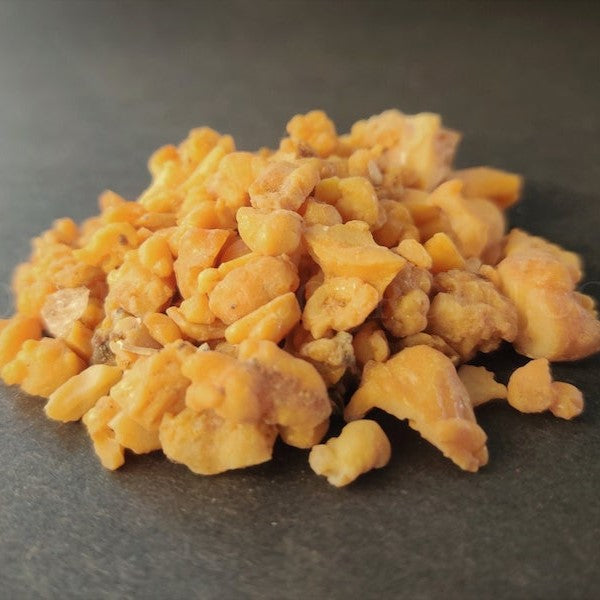
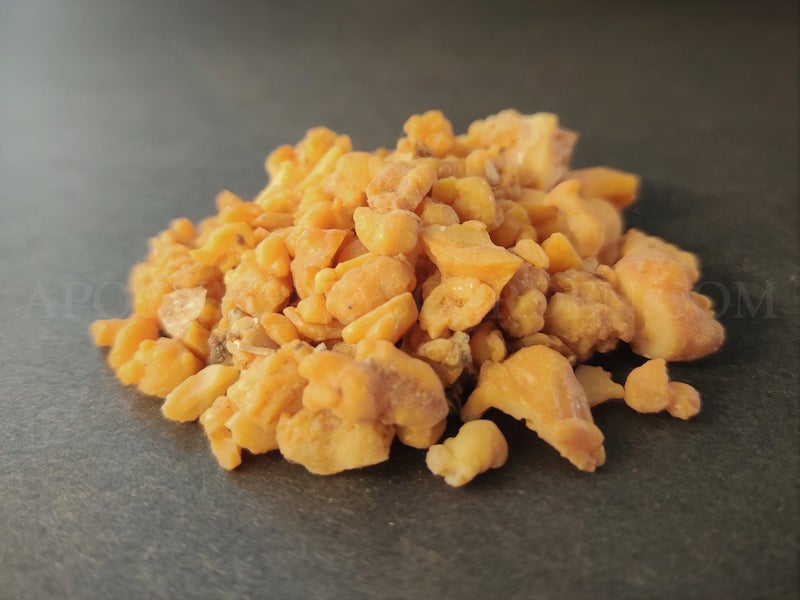
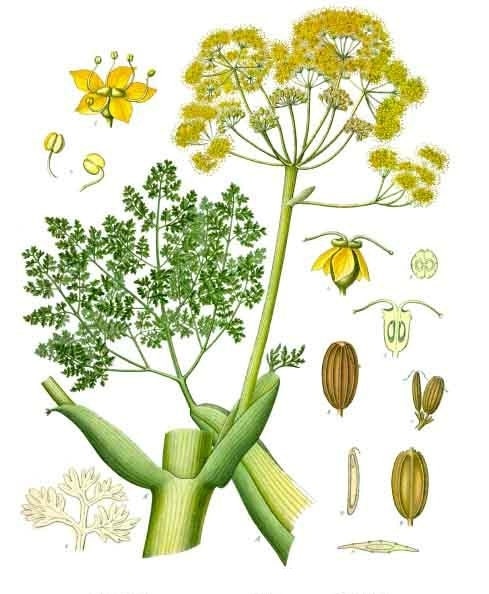
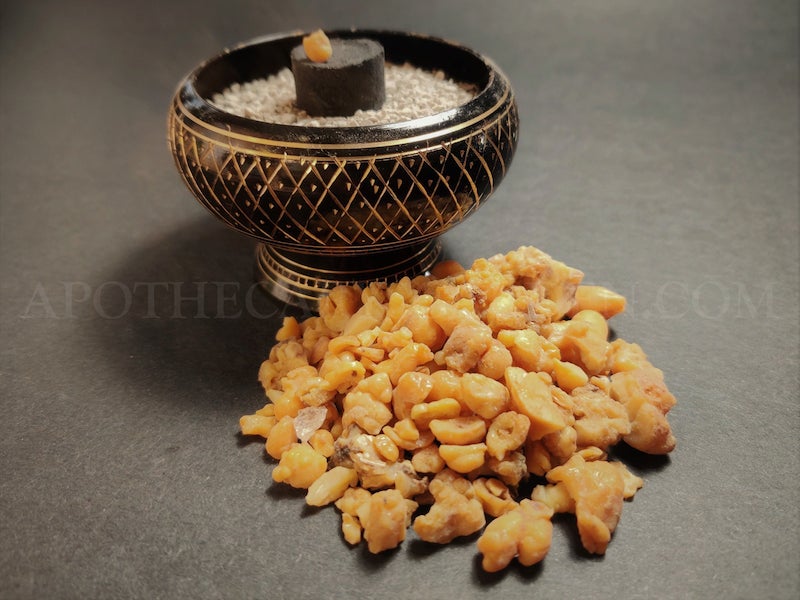
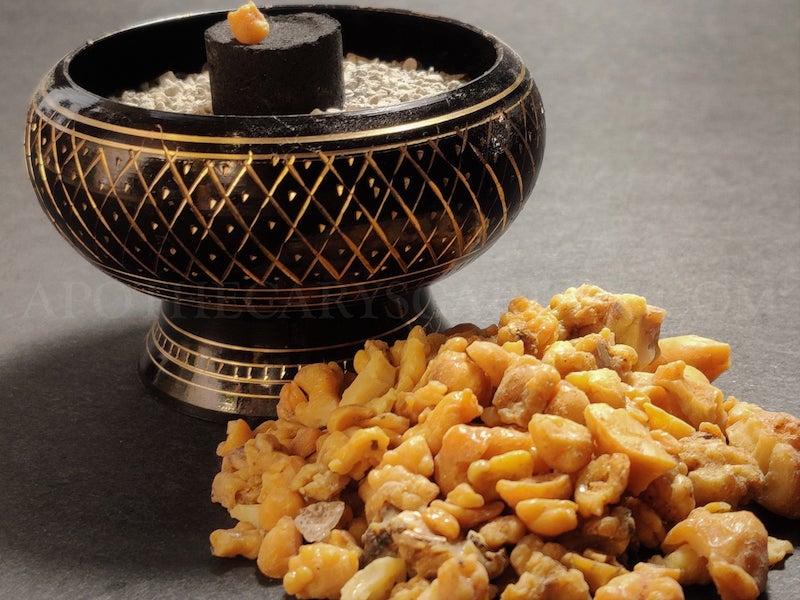
White Fasoukh
White Fasoukh, which in some cultures is called Oshek or Veshek, is an ancient incense material that has been used in spiritual, magical and energetic work for hundreds if not thousands of years.
Two types of Fasoukh are most common. White Fasoukh and Black Fasouk.
White Fasoukh is reliably the resin of Ferula Communis while the composition of Black Fasoukh varies from tradition to tradition, culture to culture and geographical areas. Black Fasoukh is sometimes found as an incense blend compounded from many ingredients but is also commonly found as a single aromatic or resin.
I have encountered Black Fasoukh from Morocco, Iran, and even Sudanese Black Fasouk in Ethiopia's famous Addis Ababa Mercato open-air market. Each was vastly different from the other. Conversely, White Fasoukh has most often been the gum resin of Ferula Communis.
In general, it is safe to say that White Fasoukh is usually used to either break spells and the evil eye, or to open communication with the energetic/spiritual world and, in many cultures, used to petition the Djinn for favours.
While Black Fasoukh is most often used to cleanse and protect the person and the home and counteract the evil eye and malignant forces, whether of human or otherworldly nature. Black Fasoukh is also used for other beneficial purposes such as attracting money, love, good health and prosperity. Though usually burned as incense, in some cultures, a liquid or paste is prepared from Black Fasoukh and used in a floor wash, applied to the soles of one's shoes or to the door frame of one's home to attract the desired outcome or for protection.
One may notice the similarities in both plant families and function between White Fasoukh and Ammoniacum, also used for divinatory and oracular purposes.
The fragrance of White Fasoukh, when burned, is similar yet different than that of Ammoniacum. White Fasoukh lacks green notes and has an earthier, warmer and dryer fragrance than Ammoniacum. (Let's call it ochre as opposed to green). It is not as sharp or penetrating as the latter, though I detect some sweet candy notes lingering in the air after burning it.
Ferula Communis, like its cousin Ferula ammoniacum, has been used since antiquity in traditional medicine throughout its growing area.
Energetically (IMH), the Ferula family is ruled by the wind element and has an affinity with the power of communication.
This is not only suggested by how most plants of the Ferula family address flatulence but also because most seem connected with the function of communication from an oracular and divinatory perspective, opening gateways (or closing them), and communicating with other dimensions and beings.
I would classify White Fasoukh and the whole Ferula family as under the rule of Mercury.
For more information about the Ferula family please see my post "Ammoniacum, Incense of the oracle, medicine of the people". https://apothecarysgarden.com/2020/09/01/ammoniacum-incense-oracle-medicine/
Dan
-
Materials: White Fasoukh, Ferula Communis.
